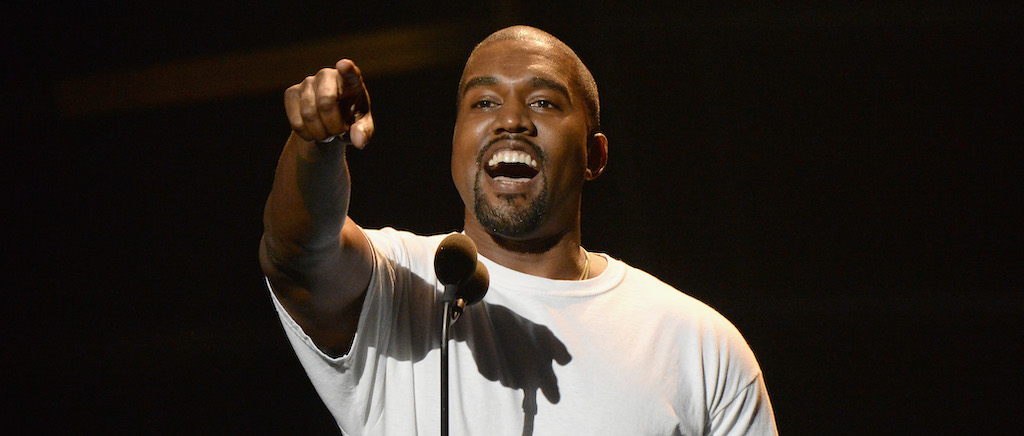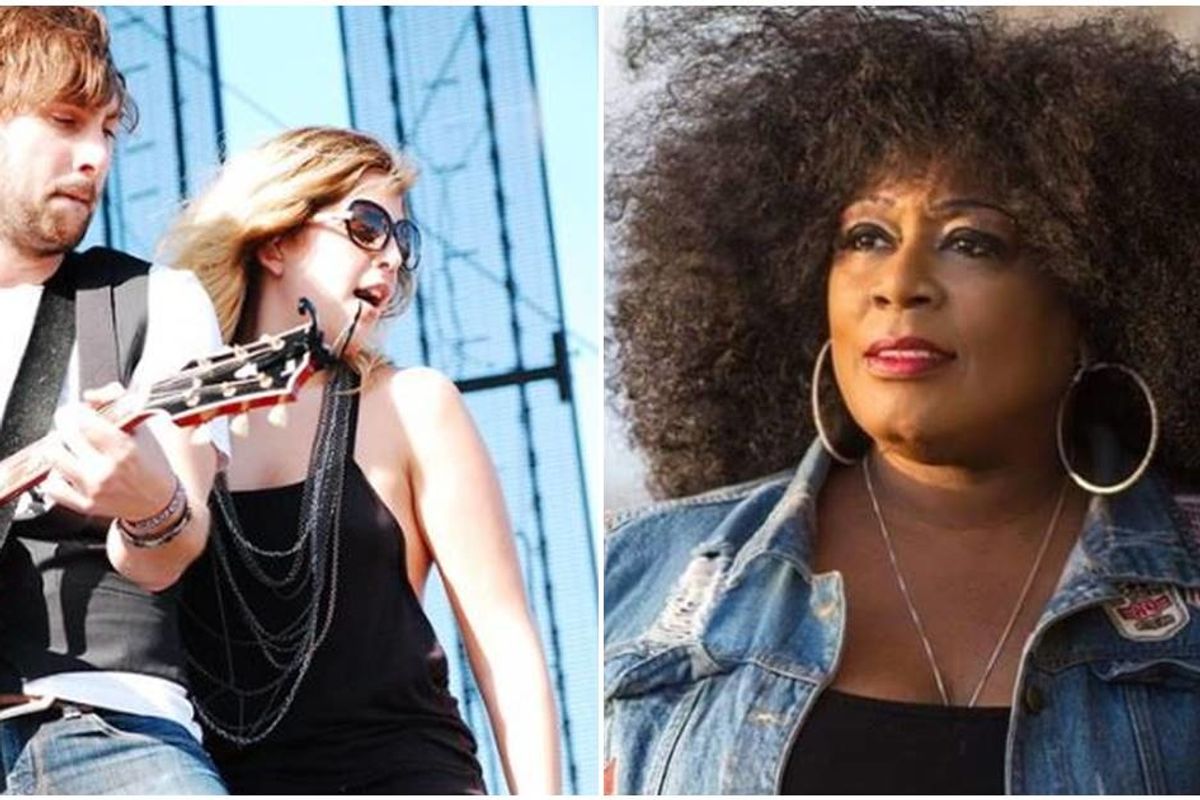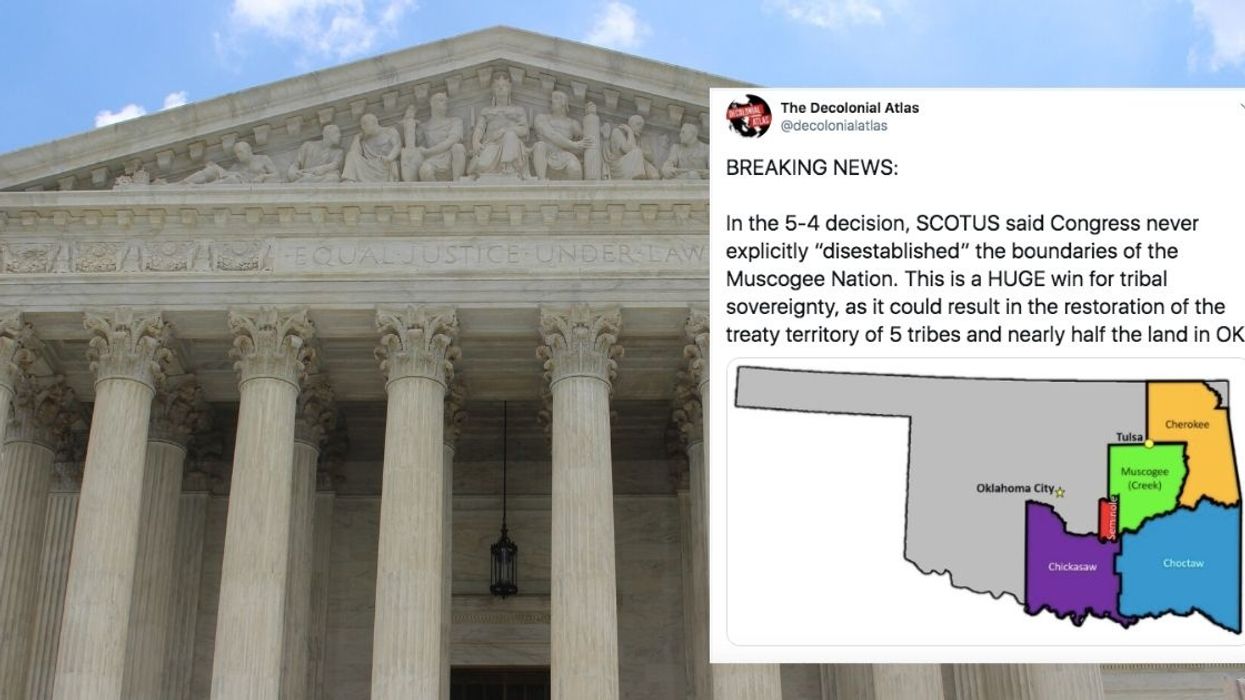
This week, a Supreme Court ruling has acknowledged that, at least for the sake of federal criminal prosecutions, most of the eastern half of Oklahoma belongs to the Muscogee (Creek) Indian Tribe. The ruling enforces treaties made in the 19th century, despite objections from state and federal governments, and upholds the sovereignty of the Muscogee to prosecute crimes committed by tribe members within their own lands.
The U.S. government has a long and storied history of breaking treaties with Native American tribes, and Indigenous communities have suffered greatly because of those broken promises.
Stacy Leeds, a former Cherokee Nation Supreme Court justice and former special district court judge for the Muscogee (Creek) Nation, described the ruling in an article on Slate:
“Yesterday’s long-awaited United States Supreme Court decision in McGirt v. Oklahoma pulled no punches in recognizing and reaffirming the political and territorial boundaries of the Muscogee (Creek) Nation. The court held that the treaty-guaranteed geographic borders of the Muscogee (Creek) Nation survived Oklahoma statehood and that these reservation boundaries remain legally valid jurisdictional markers for criminal jurisdiction over tribal citizens.
The court noted that Oklahoma repeatedly overstepped and stretched its governmental powers beyond what federal law provides. In short, Oklahoma has no legal authority to prosecute Native Americans for crimes committed within an Indian reservation. Oklahoma spent a century actively creating a law on the ground that was contrary to the law on the books.”
Leeds also described the history of the U.S. abrogating its own laws, violating treaties, and abusing non-native police powers in the name of “law and order” on Indian lands. “Unlawful acts, performed long enough and with sufficient vigor, are never enough to amend the law,” the Supreme Court ruling states, in a rebuke Leeds called “powerful.”
“If ever there were a statement to capture the collective experience of Indigenous peoples and other marginalized communities across the United States, that was it,” she wrote. “Might does not make right.”
BREAKING NEWS:In the 5-4 decision, SCOTUS said Congress never explicitly “disestablished” the boundaries of the M… https://t.co/ebpwHzNPlg
— The Decolonial Atlas (@The Decolonial Atlas)1594311113.0
Native American groups also celebrated the ruling, with the National Congress of American Indians saying in a statement they “applaud” the decision, “which confirmed that the treaty-defined boundaries of the Muscogee (Creek) Nation still remain in full force today.”
The NCAI continued, pointing to the specific treaties being upheld:
“Through treaty, the United States ‘solemnly guarantied’ the Muscogee (Creek) Nation their reservation as a ‘permanent home’ in exchange for leaving their eastern homelands (Treaty with the Creeks (1832) and Treaty with the Creeks (1833)). In a later treaty, the United States reaffirmed that the reservation was ‘forever set apart as a home for said Creek Nation’ (Treaty with the Creeks (1866)).
Today’s historic decision by the United States Supreme Court reaffirms that understanding. In issuing the opinion of the Court, Justice Neil Gorsuch said, ‘Today we are asked whether the land these treaties promised remains an Indian reservation for purposes of federal criminal law. Because Congress has not said otherwise, we hold the government to its word.'”
Holding the government to its word. What a novel idea.
Leeds pointed out that the ruling wasn’t radical, but right in line with what we should expect in sovereign nations, which the Muscogee (Creek) Nation is:
“The sun came up just fine in Tulsa today. Oklahoma state court judges will do their jobs and exercise jurisdiction over most crimes that take place in Oklahoma for the rest of their careers.
Thirty-six miles to the south, Muscogee (Creek) Nation judges will do their jobs today, but for the first time in over a century, they will exercise jurisdiction over all of their citizens who commit crimes within their nation. It’s not a radical notion. It’s a basic right of governance exercised all over the globe.”

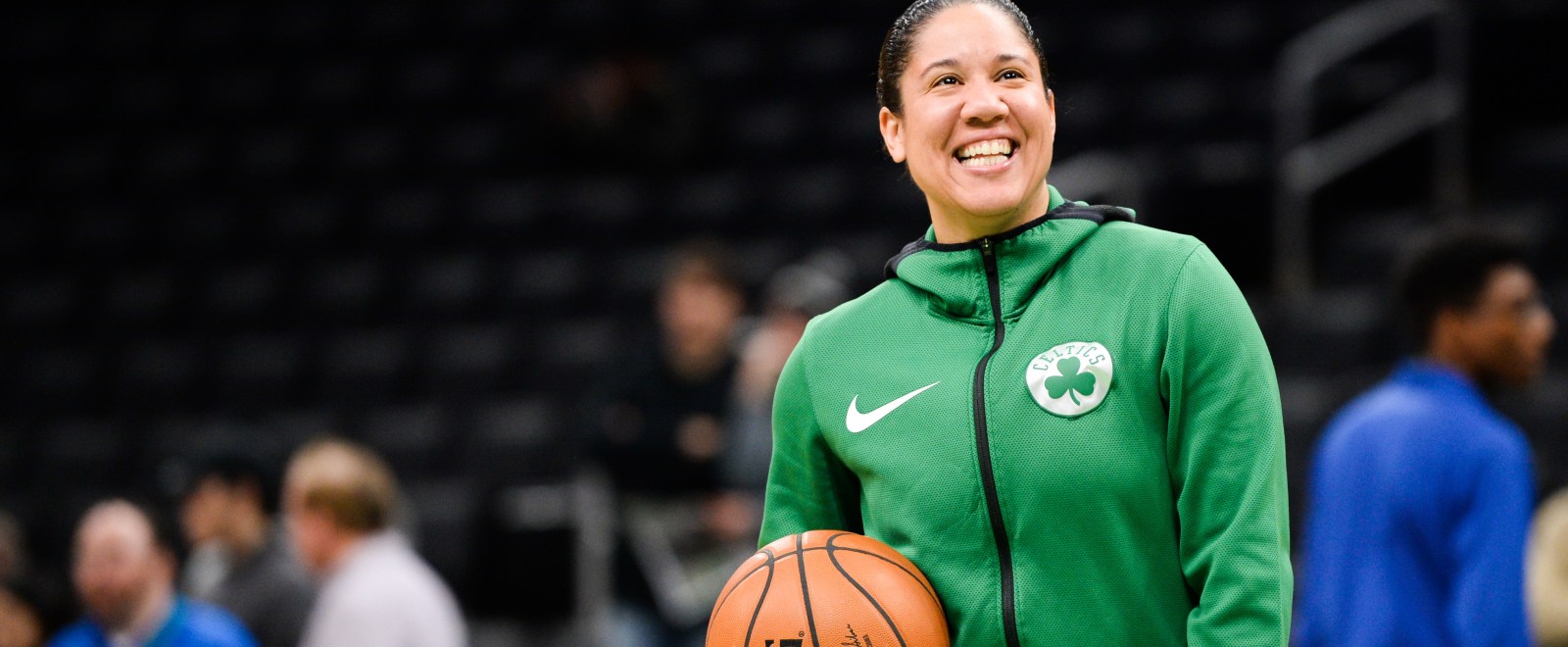





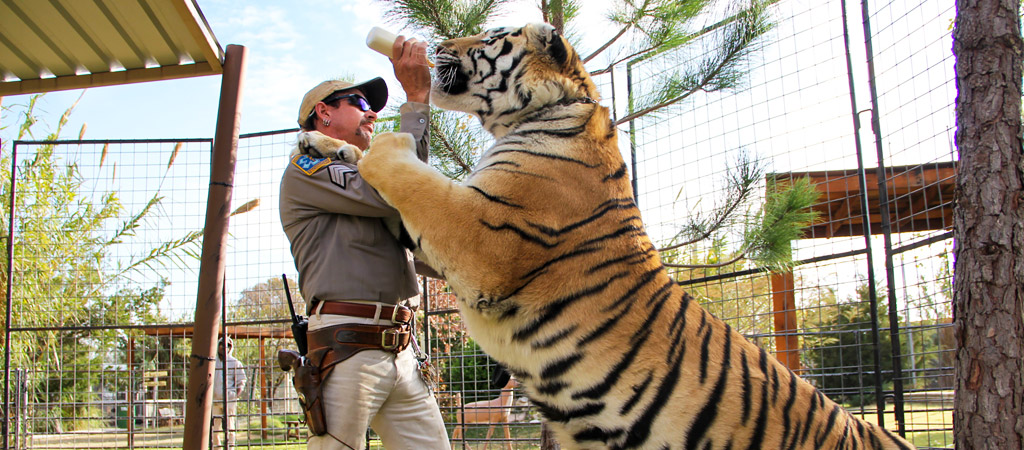
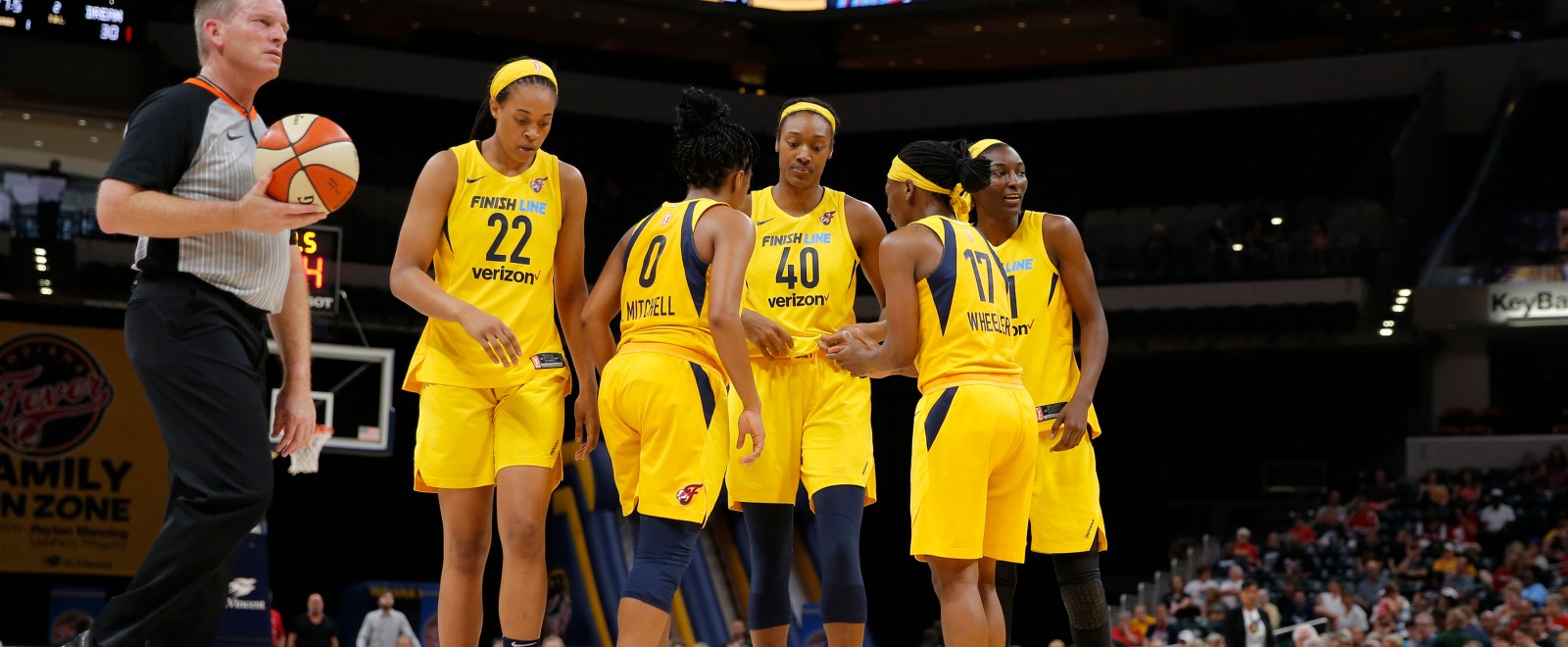






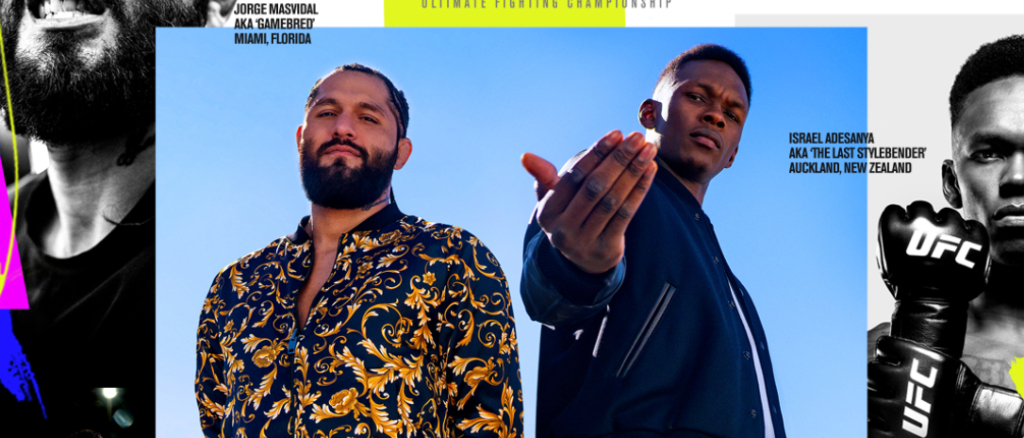
 Jorge Masvidal and Israel Adesanya are your
Jorge Masvidal and Israel Adesanya are your 
